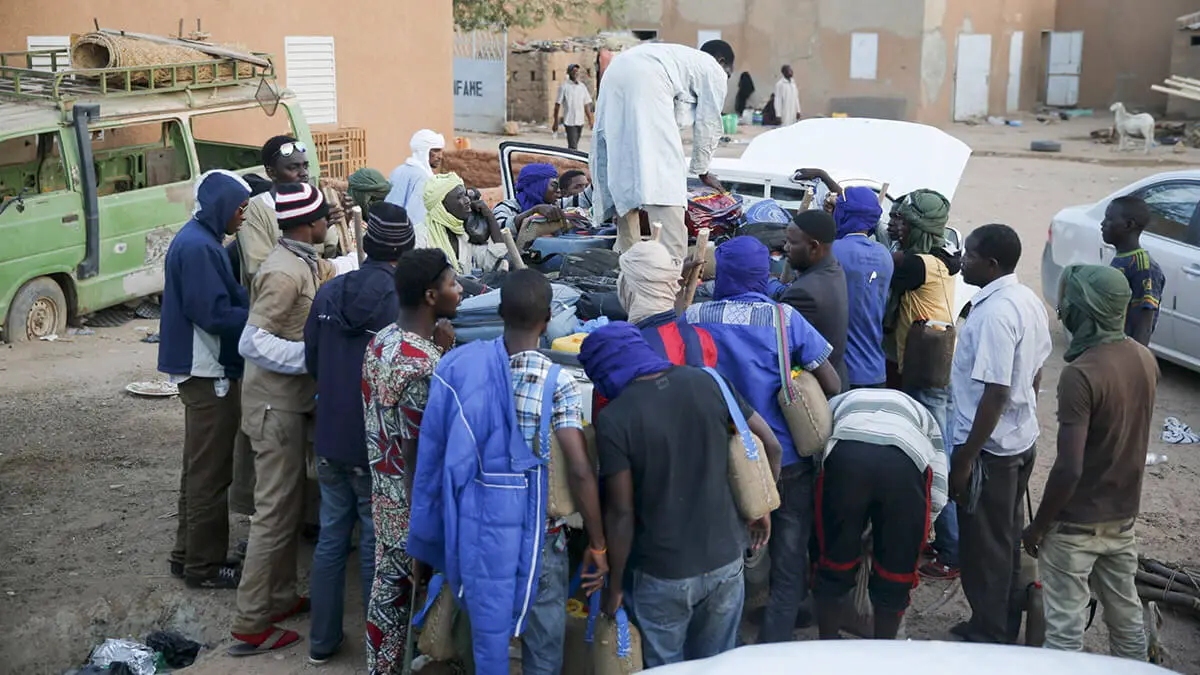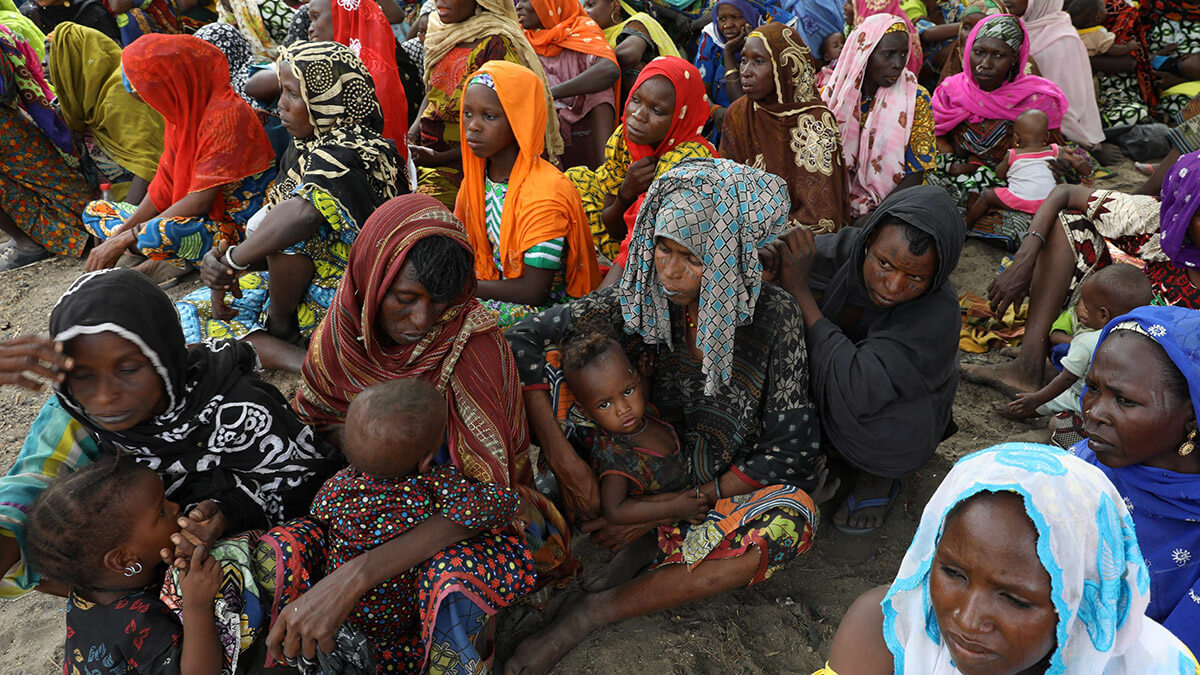Investment versus immigration

The European Union launched its Africa Plan, but is incapable of orchestrating an immigration policy because of the enormous differences between its partners, but above all because of the very negative consequences of the conditions of French and British decolonisation on raw materials and trade that condemn these countries to underdevelopment. Their raw materials and various products are manufactured in industries established in France and the UK and the product returns for sale. Many Africans would have different living conditions, work, development and stability and security if they were sovereign of their raw materials. And, of course, corruption would not undermine the building of stronger, more effective and respected institutions.
It is scandalous that great powers, not only European, but also Russia, China or the United States, exploit African or Latin American wealth and then lament the pernicious consequences they cause. Donald Trump in the United States, Le Pen in France, Farage in the United Kingdom, and the Alternative for Germany are all taking ultra-nationalist positions, as in Hungary and now less so in Poland.
In short, hypocrisy and selfishness win out, but authoritarian populists manipulate the problems of irregular immigration and votes are radicalised.

In many African countries, drought greatly increases their hardship. In others, security and political stability have benefited investment and economic development. In the Sahel, Russian, Chinese and Iranian influence is growing with support for military coups in Mali, Burkina Faso, Chad and Niger, where terrorist groups pose a constant threat. Morocco's King Mohammed VI's initiative to strengthen cooperation among African countries on the Atlantic rim with support from the US and European countries is crucial to avoid destabilisation. Strengthening economic, trade and investment ties between Europe and Africa has become a necessity. The canoes are constantly arriving in the Canary Islands.
The Africa Spain Business Summit organised in Barcelona by One Africa Forums this July demonstrated the good prospects for investment in Africa with the right information and resources. At the same time, in Valencia, the "Doing Business" event organised by the Tangier-Tetouan-Al Hoceima Regional Investment Centre offered numerous investment opportunities and facilities in many sectors.

